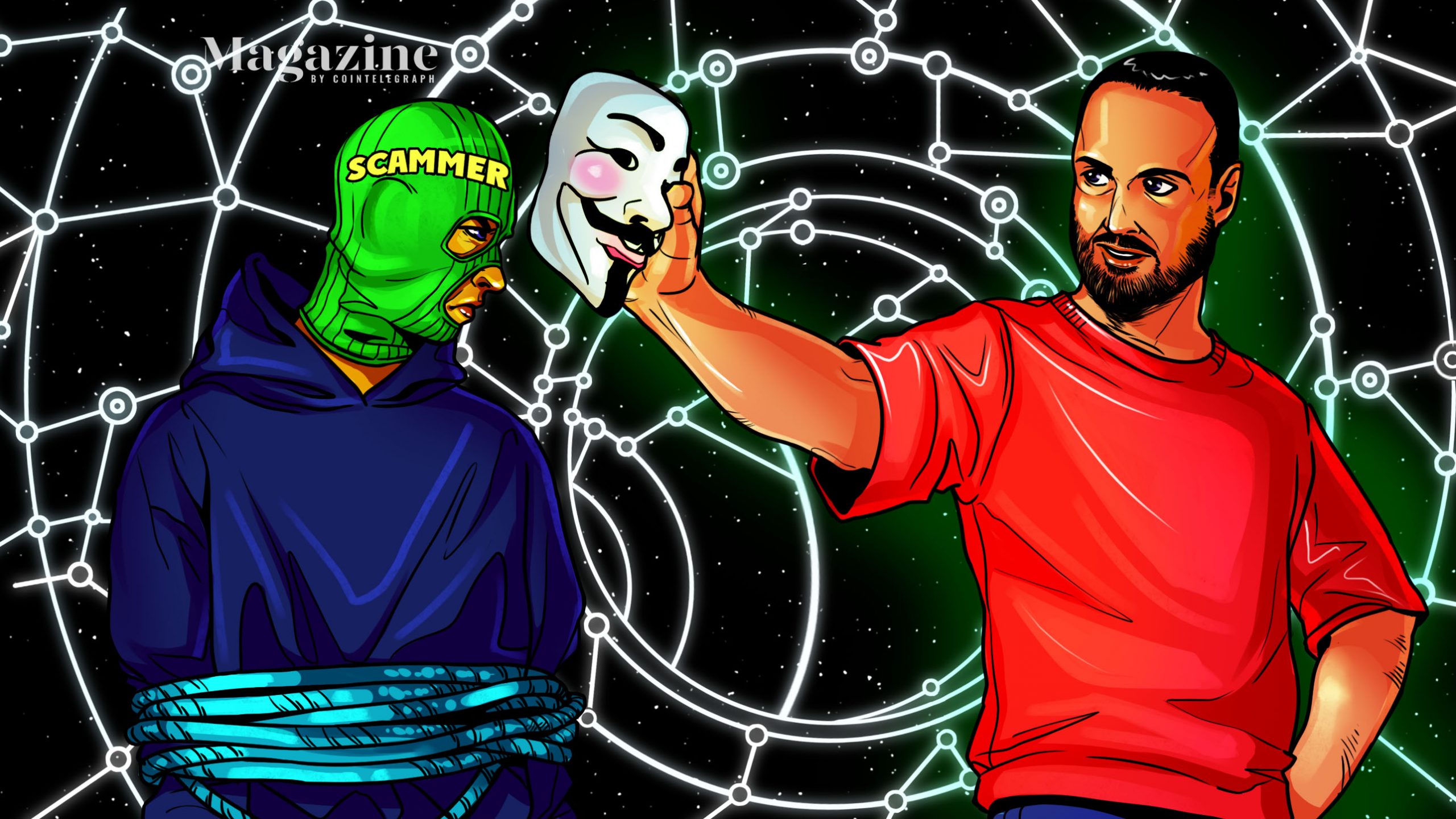Aminhossein “Amin” Rad runs an over-the-counter trading desk in Dubai, United Arab Emirates. Searching for a business after dropping out of university
Aminhossein “Amin” Rad runs an over-the-counter trading desk in Dubai, United Arab Emirates. Searching for a business after dropping out of university, he started to style himself as a Bitcoin broker in 2016. Starting with his first deal after five months of wading through scammers and tire-kickers, Rad went on to found Crypto Desk, a business-to-business exchange that now deals millions of dollars of private crypto transactions among its 2,500 clients every day.
But why do people use OTC desks when centralized exchanges offer lower fees, and what dangers come with the business? Rad spills the beans on a sector of the crypto world that flies under the radar for most retail traders.

The devil is in the deal-tails
The crypto asset industry has its share of rampant unethical behavior that is encouraged by anonymity and a lack of regulation or enforcement. Having come across all types of scams over his years in the industry, Rad differentiates between what he calls soft scams and hard scams. The former are things such as indirect and impersonal rug-pulls, while the latter are more direct and targeted.
He says most buyers see “shitcoins and memecoins as a joke or a game,” and relatively few experience much emotional trauma when the game ends and prices take a nosedive. However, getting scammed is far from a joke when a serious investor is looking to invest a portion of their hard-earned wealth into the crypto market or cashing out to buy real estate.
“The psychological effects of hard scams are much more deteriorating” in part because they are direct, playing on the mark’s trust rather than greed, and the money is not always an amount that the victim can afford to lose. Rad goes on to explain the common scams.

Third-party scam
A third-party scam involves a cybercriminal who finds a buyer and seller, introduces themselves as a broker, and offers an attractive deal to both. Rad explains that after building trust and “playing mind games,” the scammer will convince both the buyer and seller to meet in person for the exchange, with perhaps the buyer arriving at the seller’s office with cash.
Between these transacting parties will be a broker, or, more commonly at least, what appears to be a chain of brokers. The buyer will share their address with the broker, who will instead forward their own address to the seller. The seller then “transfers the coins to the address without thinking twice because the cash is right in front of him, and the coins will arrive in the cybercriminal’s wallet,” Rad explains. With a suitcase of money on the table, chaos will ensue as the BTC fails to arrive.
“Huge volumes of money can disappear in a second — even professional people who get scammed once can sometimes get distracted and lose focus, only to fall victim again.”
Fake crypto coin scam
A fake crypto coin scam involves the scammer sending a different, usually worthless cryptocurrency to the buyer who mistakes it for the real thing. This could be as simple as sending Bitcoin Cash or Ethereum Classic instead of BTC or ETH. Often, it involves the creation of an entirely new token that looks like the real thing when it arrives in the buyer’s MetaMask wallet. This is easily done because “Ethereum is an open platform, and anyone can create any coin they want, like USDTx in place of USDT,” Rad stresses. To be sure, one should check the smart contract — don’t trust, verify.

A variant of this has been seen on NFT marketplace OpenSea, where buyers can bid in Ether or stablecoins USDC or Dai, both of which are worth $1 each. As the Dai symbol can be mistaken for that of Ether’s, an inexperienced or tired user might accept a bid of 79 Dai on their 80-ETH NFT, only to realize too late that they are down by a quarter of a million dollars. While it can be argued whether such a transaction is a scam in the legal sense since there is no direct misrepresentation, those making such offers in bad faith are surely bankrupt in terms of morality.
Transfer recall scam
A transfer recall scam works by way of chargebacks, where a dishonest buyer of a cryptocurrency sends funds to the seller, receives cryptocurrency, and goes on to file a fraudulent complaint with their bank or payment provider, alleging that they themselves have fallen victim to a scam.
“Some banks immediately return the money,” Rad says. “This is actually one of the most difficult types of scams to follow up on” because neither banks nor the police are likely to understand much about cryptocurrency.
“Let’s say this case goes to court — you will end up having to pay the government to hire a specialist to make sure that you transferred cryptocurrency to that guy. It is very…
cointelegraph.com
